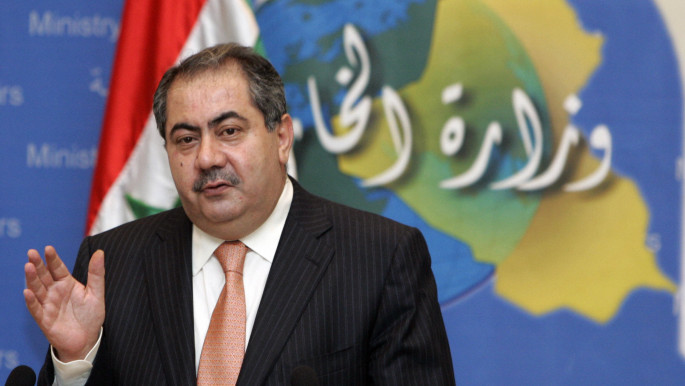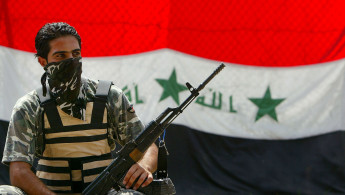$5.4bn Iraq bailout to fight IS and tackle deficit
The minister said the deal could allow Iraq to borrow again in international markets, after weeeks of negotiations with the IMF in Jordan.
"The programme will help us get bonds and improve our international credit rating," Zebari told a press conference in Amman on Thursday.
"In this programme we will win time to do much-needed reforms to push our resources.
"It's not the end of the road but the deal is crucial to allow us to overcome the crisis Iraq faces."
Like other major oil producers - most notably Saudi Arabia - Iraq has been hit by the slump in the commodity's prices since mid-2014, with the war-torn country expected to accumulate a financing gap of $17 billion unless it secures more funding, according to Reuters.
Zebari told reporters that Iraq had to cut its budget deficit and reduce billions of dollars in arrears owed to foreign oil companies as part of the loan's conditions.
Defence expenses
The cost of fighting Islamic State group militants has proven a strain on Iraq's economy, with the country announcing near the end of 2015 that it would be recruiting 10,000 more soldiers and spending more on sniper rifles, anti-mining devices and surveillance equipment.
 |
|
| Iraq's Finance Minister Hoshiyar Zebari [AFP] |
The IS group has carried out numerous attacks around Iraq and currently hold huge swathes of land, while roaming freely in others.
Most recently, the group claimed responsibility for a wave of attacks in the country's capital, Baghdad.
Christian Josz, the head of the IMF's Iraq mission, said on Thursday that the agreement was a key first step in restoring confidence, and other lenders would be encouraged to extend help to Iraq.
"The main objective of the programme is to achieve debt sustainability and so, to achieve that, Iraq needs to rein in spending. The main component of the programme is fiscal adjustment," Josz said.
As part of the deal, the international financial institution also expects Iraq to improving tax and customs revenue collection, reduce the deficits of government-owned enterprises, streamline electricity prices and improve banking practices to tackle corruption and money laundering.





 Follow the Middle East's top stories in English at The New Arab on Google News
Follow the Middle East's top stories in English at The New Arab on Google News

![MP Essam Diab's pursuit to block TikTok in Egypt has revived an already ongoing debate in the country. [Getty]](/sites/default/files/styles/image_330x185/public/1230748046.jpeg?h=a5f2f23a&itok=-8MqBLLC)
